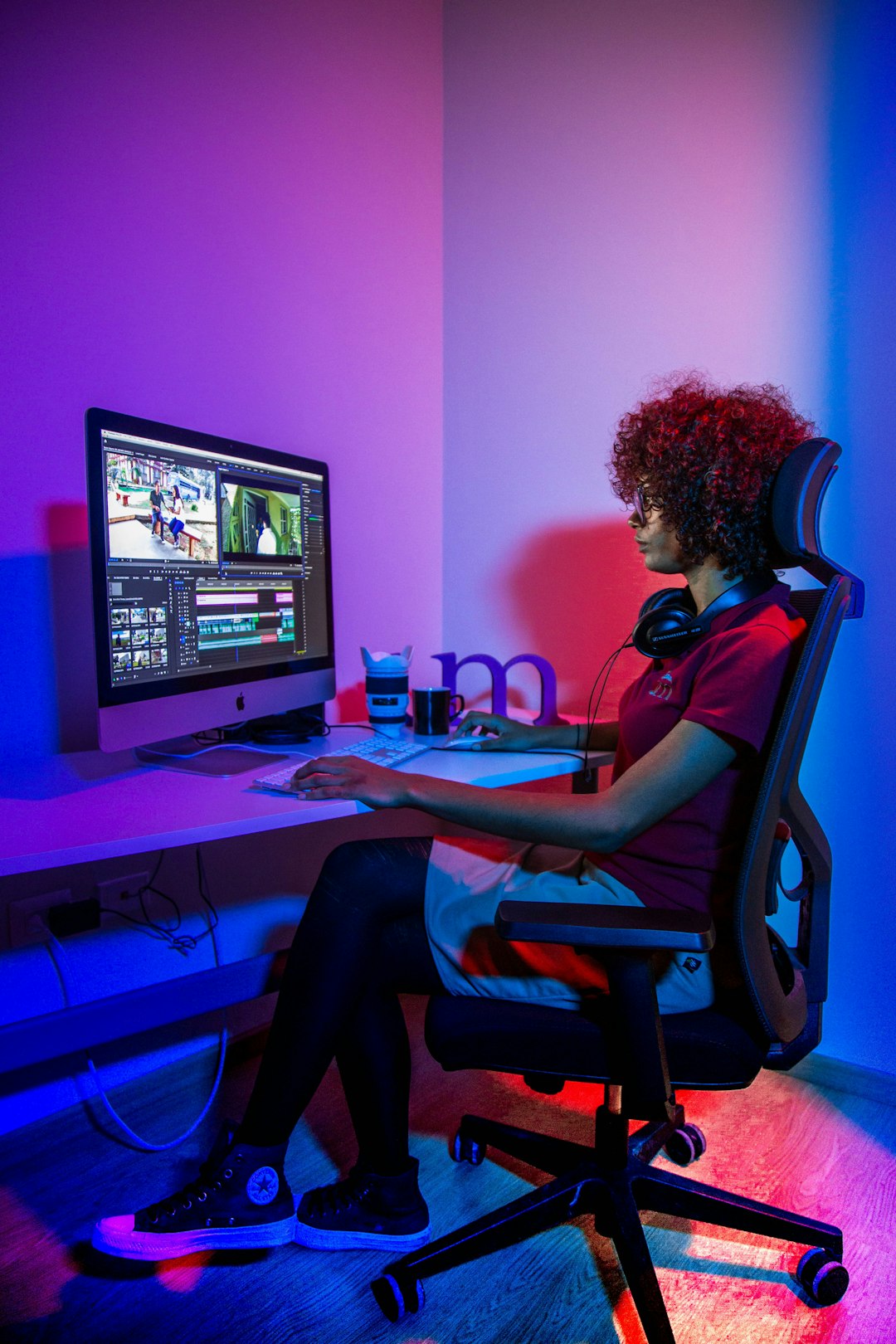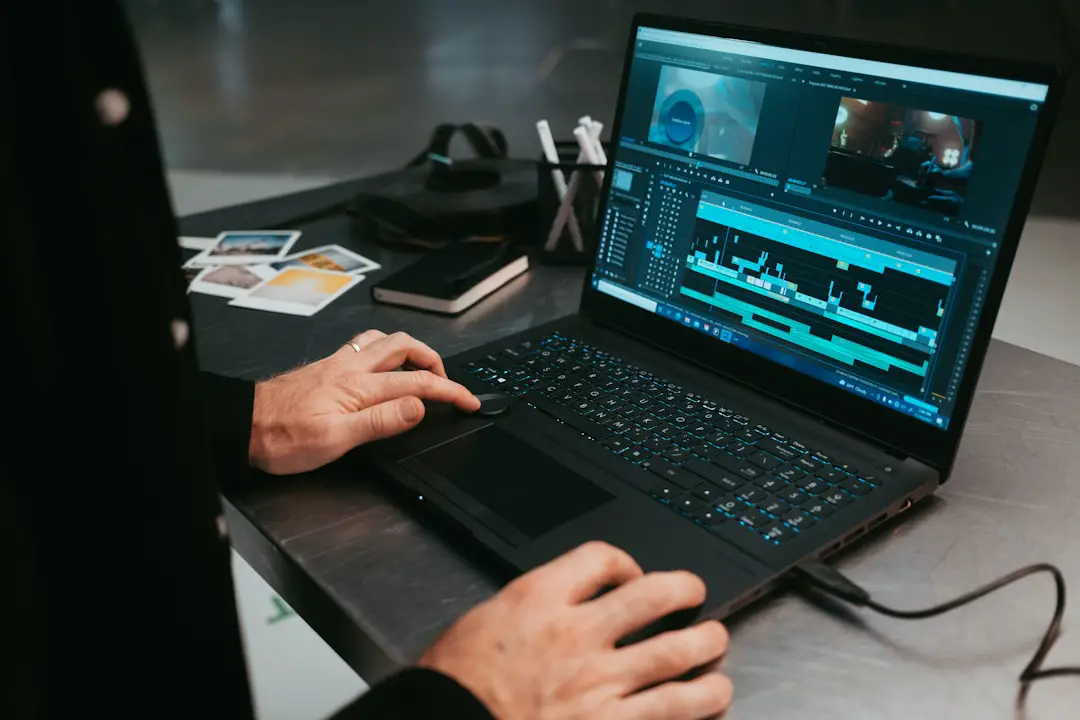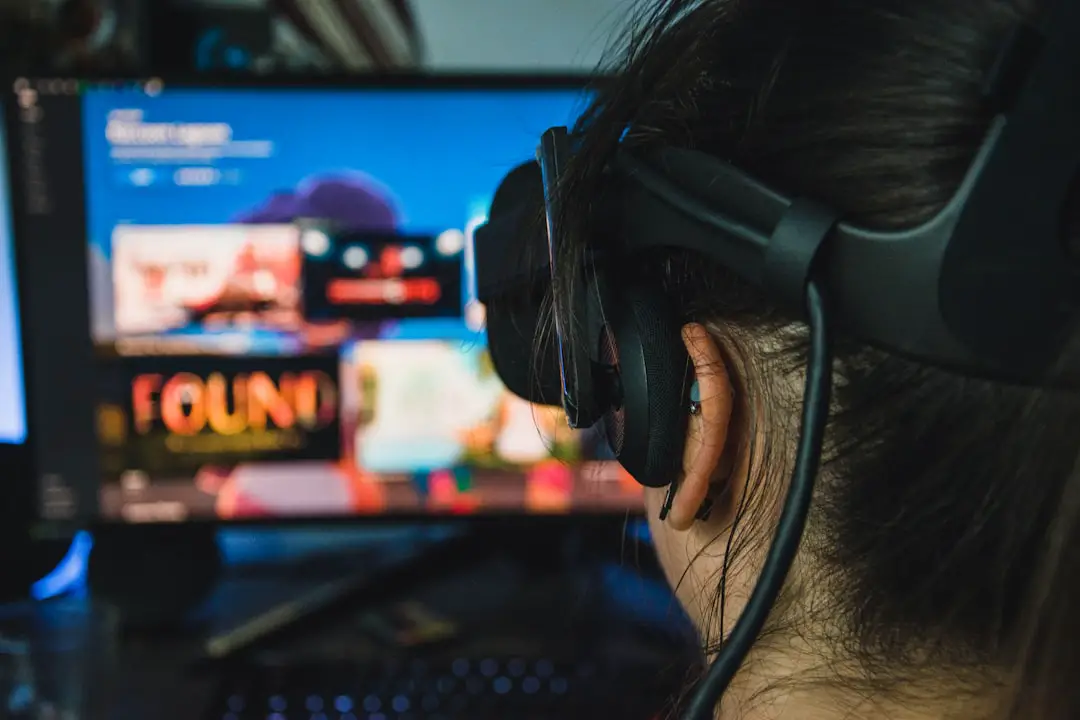Imagine this. You grab your popcorn, dim the lights, and hit play on your favorite streaming platform. But guess what? Someone might be watching you too — and it’s not your cat. It’s your internet service provider or even the government.
Now, don’t panic! There’s a superhero ready to rescue your movie night. Enter: the VPN.
So, what exactly is a VPN?
A VPN, or Virtual Private Network, is like a private tunnel for your internet traffic. It hides what you do online — yes, even your movie binges. It protects your data and keeps you anonymous.
Let’s break it down in a fun and simple way.
How does a VPN work?
Imagine sending postcards. Everyone (like the post office) can read what’s on them. That’s your regular internet. But when you use a VPN, it’s like sealing your messages in an envelope. Now no one can see what you’re sending.

Here’s the magic a VPN does:
- Encrypts your data – This means your online activity is turned into code.
- Changes your IP address – Your virtual “home address” gets replaced with one from another country or city.
- Masks your location – No one can tell where you really are.
Why does this matter when watching movies?
Good question! Here’s why:
- Governments and ISPs watch data – They might monitor what sites you visit or how much data you’re using.
- Streaming limits and blocks – Sometimes, you can’t watch a movie because it’s not “available in your region”. Not cool!
- Your activity can be logged – Without protection, your streaming habits could be recorded.
With a VPN, your movie adventures become your business only.
Let’s paint a picture
Without a VPN:
- You connect to a streaming site.
- Your ISP sees which site you went to.
- They might slow your speed if you’re streaming too much.
- The government could request your activity logs.
With a VPN:
- You connect to the VPN first.
- The VPN encrypts your connection.
- Then, it sends your traffic to the streaming site.
- Your ISP and government only see that you connected to the VPN — and that’s it!

But is using a VPN legal?
Yep, using a VPN is legal in most countries. You’re just protecting your privacy. It’s like closing the blinds when you don’t want neighbors peeking in.
Pro tip: Don’t use a VPN for anything illegal. It’s there to protect you, not to help you break rules.
Will a VPN slow down my movie?
It can, but just a little. That’s because your data makes a small detour through the VPN server. But with a good VPN provider, the difference is barely noticeable. In return, you get privacy and freedom. Totally worth it!
Picking the right VPN
Look for ones that offer:
- No logs – They don’t track what you do.
- Fast servers – So your video doesn’t buffer forever.
- Multiple locations – So you can pretend to be watching from anywhere in the world.
Wrap-up time!
Your online life is your business, especially your movie marathons. A VPN adds that secret layer of invisibility so no one knows you just watched a whole series in one night (again).
So next time you’re queuing up those movies, flip on your VPN first. Watch in peace. Surf safe. And enjoy the show!
